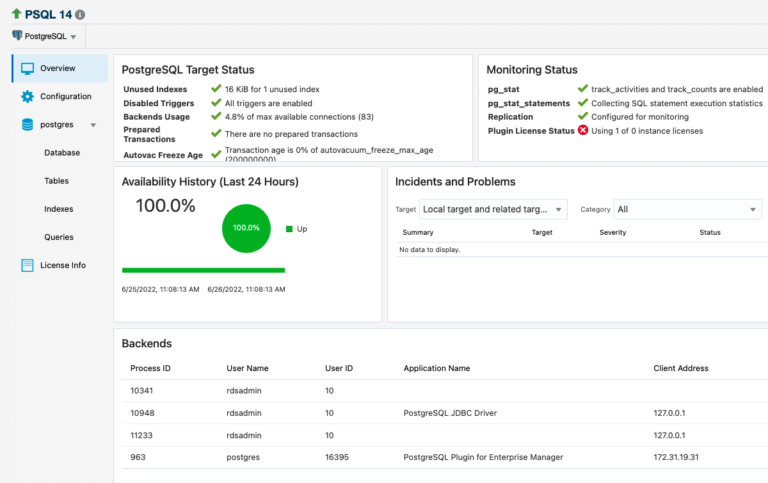A Closer Look at Oracle Cloud Infrastructure Events Service
Oracle Cloud Infrastructure (OCI) is continuously evolving to meet the needs of modern development teams. Today, we’re diving into the OCI Events Service—a powerful tool designed to automate responses to key activities in your cloud environment. Whether it’s a file upload, a database update, or any other change within OCI, this service enables you to trigger actions that keep your applications agile and responsive.
From Health Checks to Event-Driven Automation
Last year, we explored how to set up a Health Check in just five minutes. Building on that foundation, we wanted to discuss the ways OCI Events Service takes things further. Instead of manually monitoring changes, you can now rely on a streamlined process that detects events as they happen and automatically initiates the appropriate response.
Understanding the OCI Events Service
At its core, the OCI Events Service revolves around three primary components:
- Events: An event represents a change in an OCI cloud resource. Whether a resource is created, updated, or even rebooted, OCI emits an event that includes a rich set of metadata. This metadata helps you understand what happened, when it happened, and which resource was affected. Think of it as a detailed notification that something significant has occurred within your cloud environment.
- Rules: Not every event warrants a response. That’s where rules come in. You can create specific rules and filters to target only the events that matter most to your operations. By defining these rules, you ensure that only relevant events trigger automated responses, making your system both efficient and secure.
- Actions: Once an event matches a rule, the corresponding action is executed automatically. This might be as simple as sending a notification to your team or as complex as invoking a custom script to handle the event. Actions are designed to be directly actionable, ensuring that your infrastructure can adapt in real-time to changes.
Why Use OCI Events?
Unlike traditional log entries that provide raw data, OCI events come with structured context and metadata. This structure guarantees that the information is not only useful but also actionable. Some notable benefits include:
- Real-Time Automation: Respond to CRUD operations, lifecycle changes, or system events like reboots instantly.
- Enhanced Visibility: Gain insights into your cloud resources with detailed event metadata, including resource names and tags.
- Broad Coverage: With support for over 60 OCI services—including Compute, Virtual Network, Object & Block Storage, Functions, and more—the Events Service covers a wide range of operations that are critical for your business.

Putting It All Together: A Use-Case Example
Imagine you’re running a mission-critical application hosted on OCI. As soon as a file is uploaded or a database entry is updated, an event is triggered. Based on the pre-defined rules, your system automatically sends an alert to your development team, or perhaps it even initiates a scaling operation to manage increased load. This kind of automated response not only saves time but also ensures that your environment remains resilient under varying conditions.
Get Started with OCI Events
If you’re ready to explore the potential of event-driven automation in OCI, we have a detailed use-case that walks you through the process step-by-step. Discover how you can quickly set up and customize the Events Service to meet your specific needs.
Check out our blog here!
By leveraging OCI Events Service, you can shift from reactive to proactive management, ensuring that your cloud environment is always one step ahead. Happy automating!






